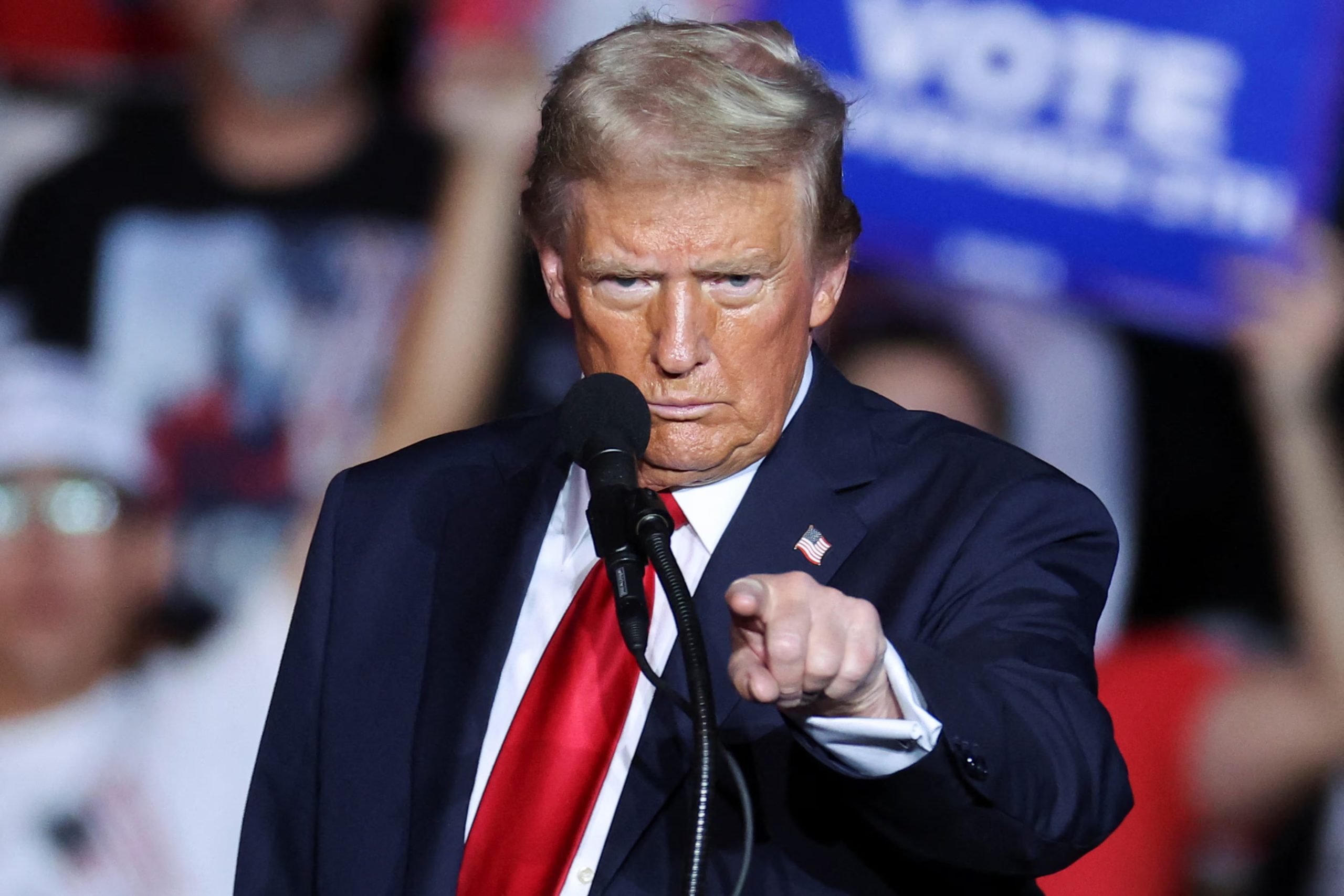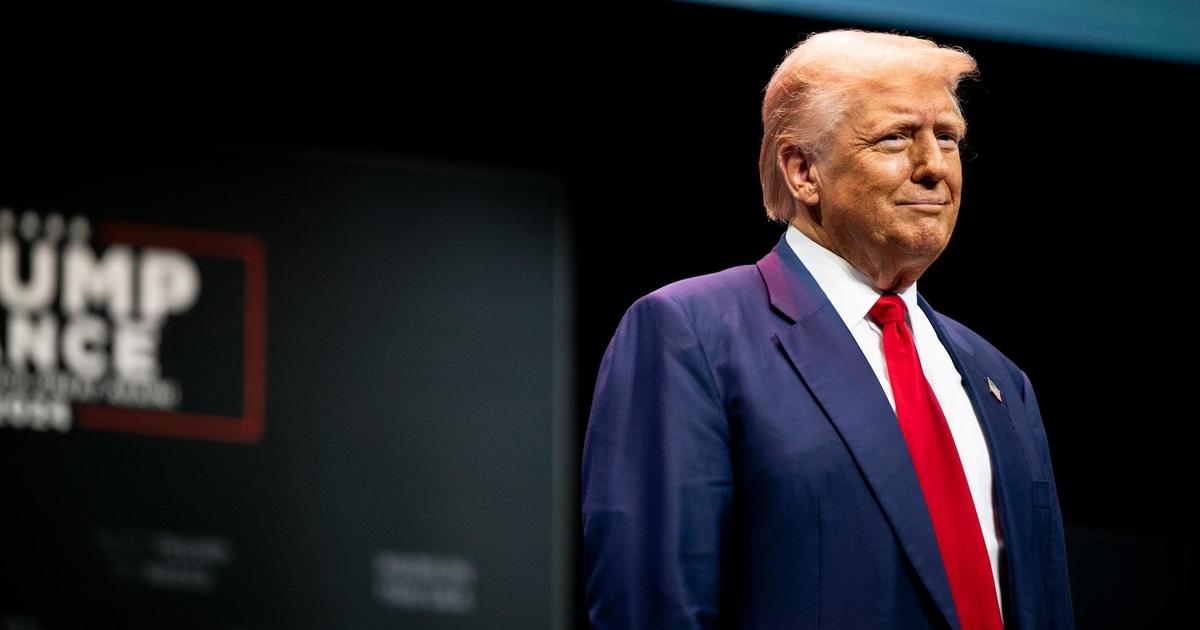Iran’s currency, the rial, plummeted to a record low on Wednesday, trading at 703,000 to the dollar, as news spread of Donald Trump’s reelection to the U.S. presidency. This unprecedented drop, before a slight recovery to 696,150 rials per dollar, signals concerns among Iranians about potential economic repercussions.
Iran’s Central Bank has previously intervened to stabilize the currency by introducing more foreign currency into the market, but this latest fall highlights the deep economic challenges the country faces, partly due to ongoing sanctions.
The reelection of Trump has raised fears in Tehran about an escalation in sanctions, with many residents worried about further economic strain. Amir Aghaeian, a young Iranian student, expressed apprehension about what lies ahead, predicting tougher sanctions that could worsen Iran’s economy and social conditions. Many in Iran are bracing for continued hardships as the rial’s value has plunged drastically since the nuclear deal of 2015, when it traded at 32,000 to the dollar, compared to the current rate exceeding 700,000.
Iran’s new president, Masoud Pezeshkian, assumed office in July with promises to negotiate with the West and relieve sanctions, following the death of hard-line President Ebrahim Raisi.

Record Rial Drop Signals Iran’s Anxiety Over Trump’s 2024 Return and Potential for Renewed Sanctions
However, Iranian officials, including Pezeshkian’s spokeswoman Fatemeh Mohajerani, have downplayed the effect of U.S. elections on Iran’s policies, stating that the country has prepared for various scenarios. Despite these reassurances, economic pressures from sanctions and inflation continue to affect Iranians, with the currency’s depreciation reflecting broader economic struggles.
Beyond domestic issues, Iran remains deeply involved in conflicts across the Middle East, supporting allies such as Hamas, Hezbollah, and the Houthis. These alliances come under frequent strain as regional tensions escalate, especially amid Israel’s actions in Gaza and Lebanon and recent strikes on Iranian positions.
Iran has pledged retaliatory action against Israel, adding to the strain with the U.S., where American troops are stationed to support Israeli defenses. This regional involvement places additional financial burdens on Iran, further impacting its economy.
Public opinion in Iran regarding Trump’s reelection is mixed. While some, like 71-year-old taxi driver Mahmoud Parvari, harbor strong negative views, likening Trump to “the devil,” others take a more pragmatic stance.
Another taxi driver, Hosseini, suggested that he would support any diplomatic effort if it benefited Iran, regardless of who leads the U.S. As Trump’s return stirs anxiety and uncertainty, Iran confronts a challenging road ahead, facing both external economic pressures and the ongoing impact of regional conflicts.











































